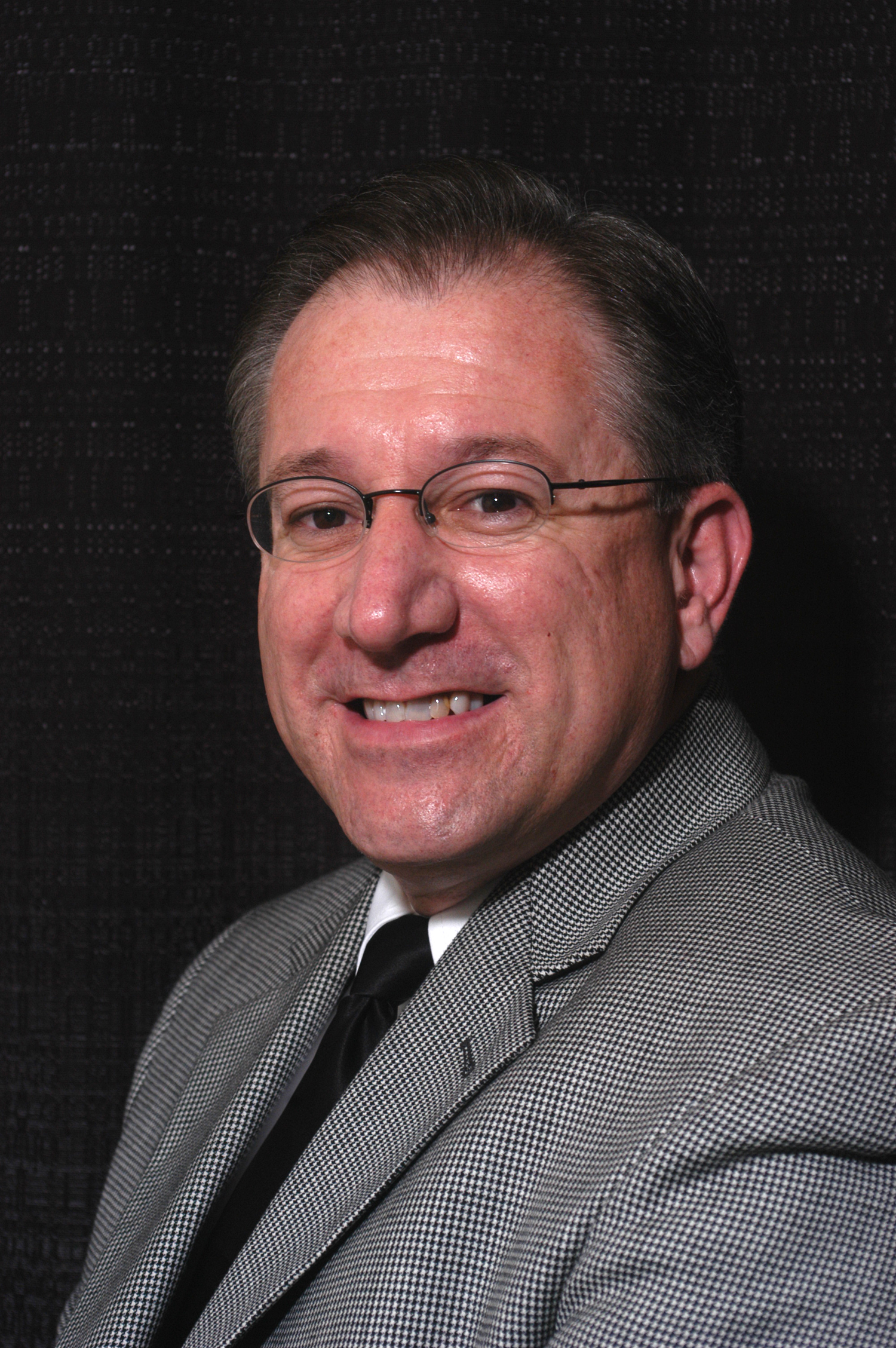
ALEXANDRIA, La. (BP) — A public line is being drawn in the sand of society by homosexual activists and the politically correct media who support them. There is only one issue that matters and that is, “What do you believe about same-sex marriage?”
The current obsession with homosexual nuptials among the politically correct is such that all manner of celebrities are being asked where they stand on the issue, especially those who profess to be Christian or who are perceived to be conservative. Just ask country singer Carrie Underwood.
Underwood, who was catapulted to fame when she won the 2005 season of American Idol and has since become a country music superstar, was recently asked her view of homosexual marriage by The Independent, a newspaper based in the United Kingdom.
Underwood told the paper that she believes marriage should be legal for all.
“As a married person myself, I don’t know what it’s like to be told I can’t marry somebody I love, and want to marry,” Underwood said. “I can’t imagine how that must feel. I definitely think we should all have the right to love, and love publicly, the people that we want to love.”
The politically correct of society smiled. Underwood had passed the new litmus test.
She had publicly affirmed homosexual marriage. Had Underwood indicated disagreement with same-sex matrimony she would have been declared to be bigoted, ignorant and worthy of being boycotted.
But Underwood affirmed gay marriage, hence she was deemed to be open minded, intellectually enlightened and acceptable in PC culture. If Underwood were anything but a country singing star, and a professing Christian, this would not really be much of a story. However, the majority of her fan base is proud to politically incorrect and is not intimidated by being labeled insensitive. Hence, Underwood had a problem.
Sensing some rumbling from her loyal fans — and country music fans are intensely loyal — Underwood tried to walk back her comments. “I was asked a difficult question in the last five minutes of an interview and I answered it the best way I knew how,” she told the Associated Press. “And after that I do what I do and I love making music and I generally try to stay out of any kind of controversy.”
Underwood continued, “I just really try hard to do what I do and try to be nice to people and make great music and if people think they can look up to that, that’s wonderful. If not, that’s OK too.”
Once upon a time in America, Ms. Underwood’s live-and-let-live sentiments would have been adequate. However, in today’s society there is an effort by many to demonize anyone who does not affirm politically correct ideals, especially the ideal of homosexual marriage. If that is not the case, then why even ask a country singer his or her views about gay marriage or quiz them about any political or societal issue? Who really cares what any celebrity thinks about a moral or political issue? It is those who are pushing a politically correct agenda, that’s who.
By lauding and affirming celebrities who affirm homosexual marriage while at the same time ridiculing and demonizing those who disagree, gay activists seek to create what has been called a “spiral of silence.”
The spiral of silence is a societal theory put forth in 1974 by the German political scientist Elisabeth Noelle-Neumann. It seeks to describe the process by which an opinion becomes dominant in a society as a result of those who perceive their opinion to be in the minority remaining silent because they fear isolation.
When an individual perceives that his or her own personal opinion is prevailing, he or she is more likely to publicly identify with this opinion. However, an individual who perceives that his or her opinion is not popular will be less inclined to express that opinion in public.
The result is that those who perceive their opinion is popular talk quite a bit about it, and those who perceive their opinion is unpopular are more apt to remain silent. An opinion being reinforced in this way appears stronger than it really is, while an opinion suppressed as described will seem to be weaker than it is in reality.
The result is a spiral process which prompts many people to perceive the changes in opinion and, at least publicly, follow suit, until an opinion has become perceived as the majority attitude.
Homosexual activists and the politically correct who support them use celebrities in an attempt to push the perception that the majority opinion in society is that gay marriage is good. Any other opinion is not to be taken seriously.
If not for the ballot box, majority support for gay marriage could be accepted as true. However, time and time again when people have been asked to express their opinion on the issue via the privacy of the voting booth, they have overwhelming affirmed marriage as between one man, one woman. In all, voters in 32 states have affirmed traditional marriage.
Homosexual activists likely will continue to draw a public line in the sand over the issue of gay marriage in an effort to convince the public that the public accepts gay marriage. But don’t be fooled by the resulting spiral of silence.
Regardless of what any celebrity might say about homosexual marriage, the majority in America has not endorsed it.
–30–
Kelly Boggs is a weekly columnist for Baptist Press, director of the Louisiana Baptist Convention’s office of public affairs, and editor of the Baptist Message www.baptistmessage.com, newsjournal of the Louisiana Baptist Convention. Get Baptist Press headlines and breaking news on Twitter (@BaptistPress), Facebook (Facebook.com/BaptistPress) and in your email (baptistpress.com/SubscribeBP.asp).
















